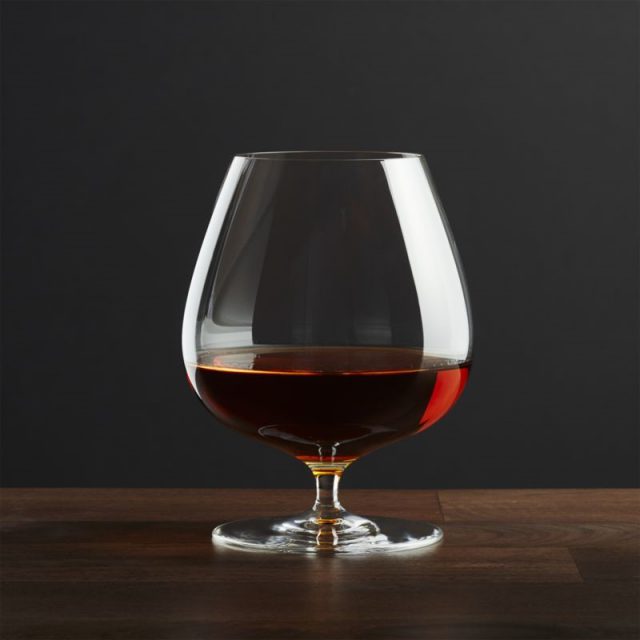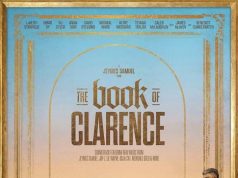It’s eleven in the morning. You just wake up. Your head pounding, bloodshot eyes, and memory loss of everything that happened after 2 am the night before. Yup, the hangover hits you hard. This is all too familiar for anyone who’s ever gotten stupid drunk and suffered the next-day consequences. If we suffer such aggravating consequences, then why do we partake in getting drunk to begin with? We might need to look at the science behind why our brains love the hard stuff.
Although we try every way possible to avoid hangovers, our brains love partaking in drinking because it makes “happy cells” for our noggins. That’s right, actual happy cells. According to a recent scientific studies, alcohol triggers the release of endorphins which make us feel happy. In addition, the stimulation of certain areas of the brain by endorphin release causes our brains to become more creative. Hence, why so many successful artists and writers struggled with alcoholism. The unique professions that require us to be creative thinkers are actually the very ones who are most at risk for becoming dependent.
This scenario of alcohol dependency within the realm of creative paths is actually beneficial to the intellectual pathways as well. According to Psychology Today, “people’s ability to think about information in new and unusual ways can actually be hampered when they wield too much brain power.” Essentially, there is such a thing as being too sober-minded. This element of creative freedom is exceptionally evident in many famous artists, such as Tennessee Williams and Eddie Van Halen. These historical figures often discussed their need to get drunk in order to have the mental freedom to create. Eddie Van Halen was well-known for having the inability to play any concise melody or improvisation without the aid of alcohol. This new found freedom allows the sensory receptors to forget about social boundaries and actives certain regions within the brain that are associated with pleasure and imagination.
On the flip side, many studies have shown that the level of alcohol necessary to reach a creative mental level increases with frequency. In essence, the more you drink, the more you have to drink. This obviously becomes a vicious cycle that leads to a slippery downward slope. In many cases with well-known artists, such as Amy Winehouse, their method of tapping into their artistic mindset via alcohol ended morbidly. Because the body eventually creates a tolerance for the threshold of becoming euphoric via alcohol, each juice trip requires more consumption than the previous.
Although the National Institute for Alcohol Abuse and Alcoholism reports that over 50% of Americans consumed alcohol within the past month, this number does not exemplify the percentage of individuals who overconsume in the general population. Many more that are unlisted are partaking in binge drinking and risking their lives in order to access their creative mental elements. Although they may enjoy the feeling of euphoria, the morning sun always brings harsh consequences. As for me, I’ll stick to my single glass of red wine at night while I write next week’s article for you.
Sources:
“Alcohol Benefits the Creative Process.” Psychology Today. N.p., n.d. Web. 26 Mar. 2017.
Jenny Hope for the Daily Mail. “Cheers! Drinking DOES Release the Feelgood Factor in Our Brains.” Daily Mail Online. Associated Newspapers, 11 Jan. 2012. Web. 26 Mar. 2017.
National Institutes of Health. U.S. Department of Health and Human Services, n.d. Web. 26 Mar. 2017.
https://www.psychologytoday.com/blog/choke/201204/alcohol-benefits-the-creative-process


















